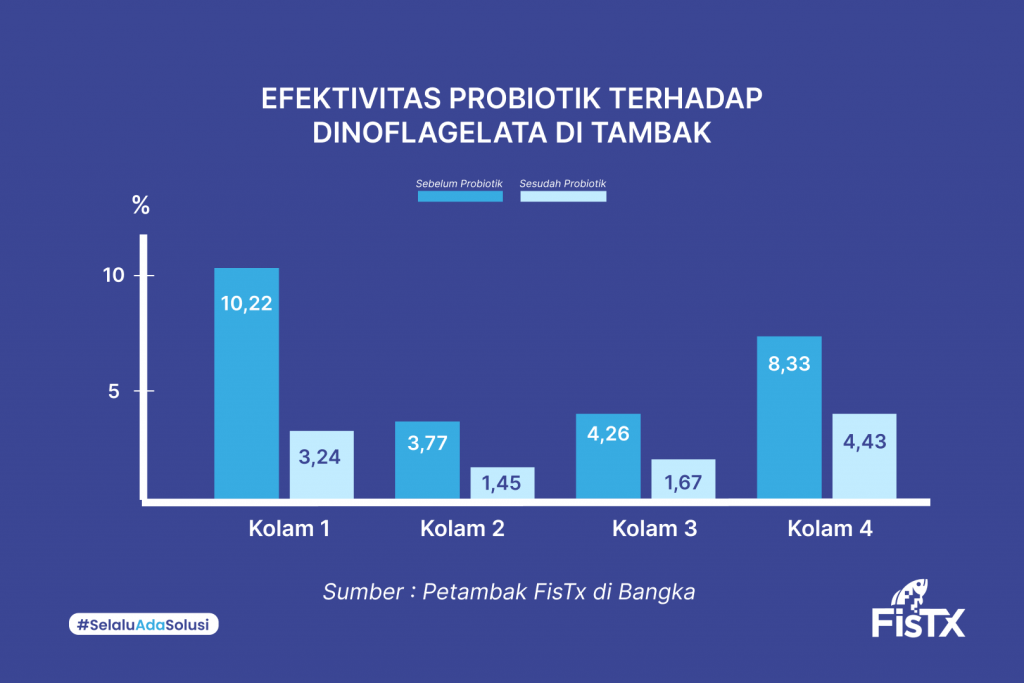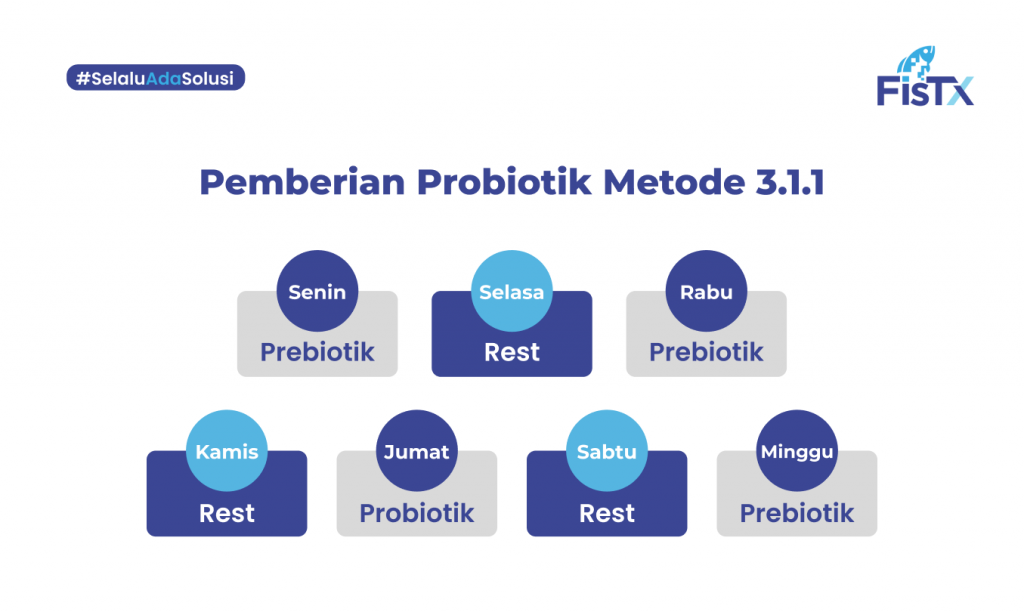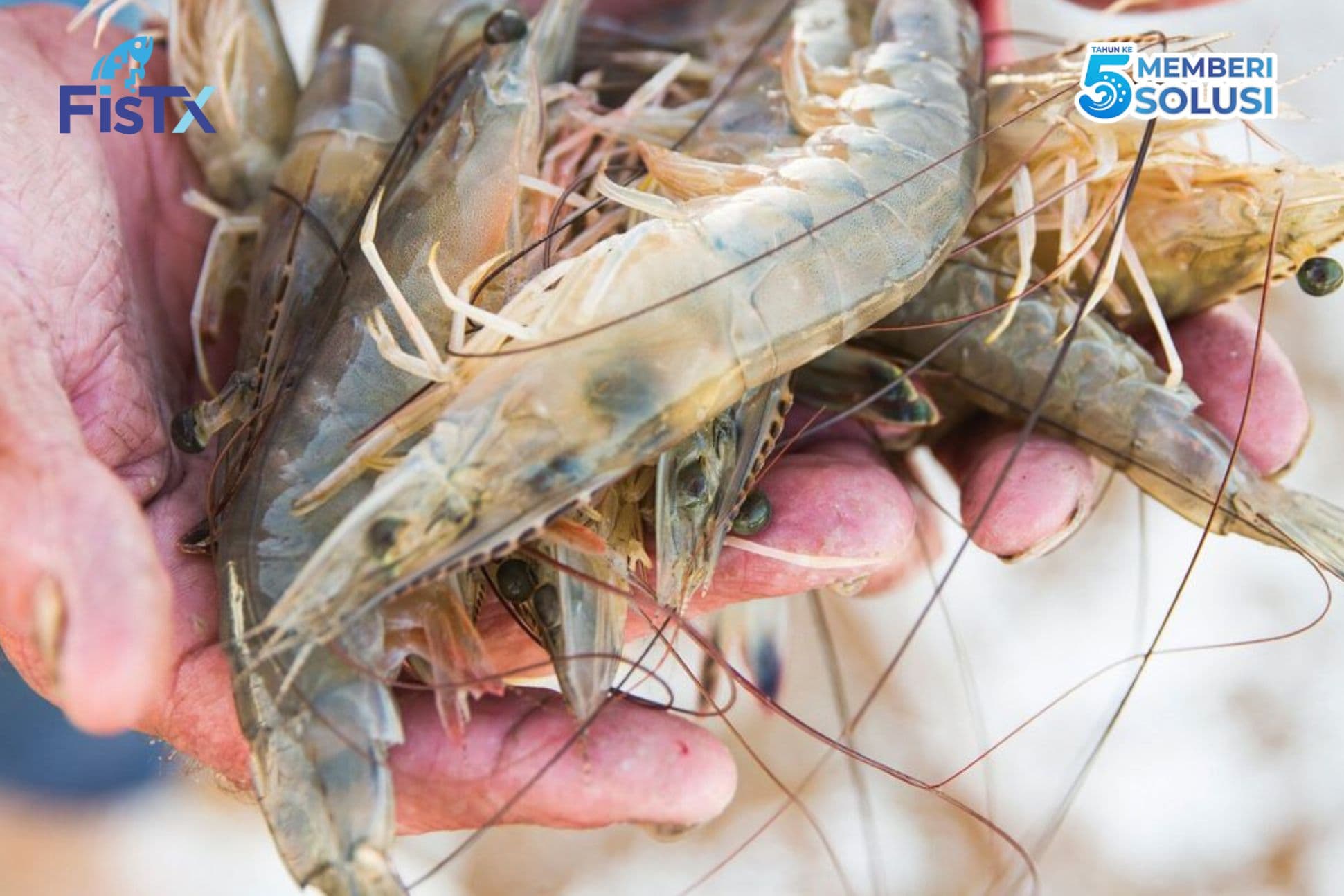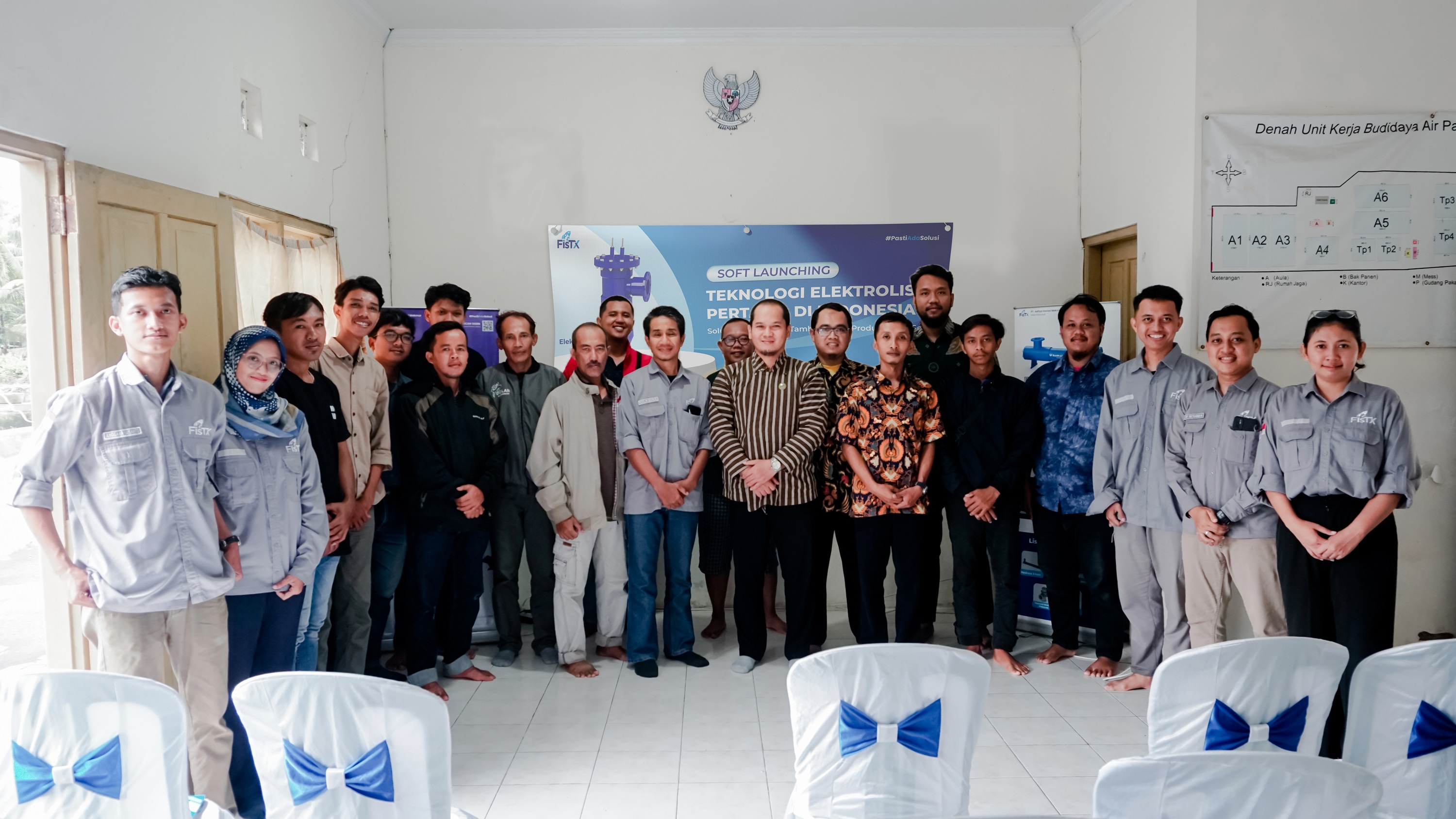
Vannamei Shrimp Farming with Probiotic, Prebiotic, and Synbiotic Combination
Vannamei shrimp farming has become one of the crucial sectors in aquaculture industry. Shrimp health is a key factor in achieving optimal production success. In efforts to maintain the health of Vannamei shrimp, the roles of probiotics, prebiotics, and synbiotics are essential. This article will delve into how these three elements play a role in maintaining the health of Vannamei shrimp farming.
- Probiotics: Shrimp Health Companion
Probiotics are living microorganisms that provide positive benefits to their host. In Vannamei shrimp farming, probiotics help maintain the balance of water quality and microbiota in shrimp metabolism. Thus, they are able to enhance immune system and reduce the risk of pathogenic infections.
- Prebiotics: Vital Nutrition for Gut Microflora
Prebiotics refer to compounds such as oligosaccharides or complex sugars that cannot be digested, providing beneficial effects to their host by stimulating the growth and activity of certain probiotic bacteria in the gut, thereby enhancing the host's health.
- Synbiotics: Probiotic and Prebiotic Synergy
Synbiotics are a combination of probiotics and prebiotics that work together to achieve synergistic effects. In Vannamei shrimp farming, synbiotics create ideal conditions for the growth of beneficial microorganisms and provide better protection against pathogens.
Also Read: Vannamei Shrimp Disease Control Strategy with Probiotics
Benefits of Synbiotics (Probiotics and Prebiotics)
- Improved Shrimp Health
By understanding and optimizing the roles of probiotics, prebiotics, and synbiotics, we can improve the overall health of Vannamei shrimp. For example, administering synbiotics through water can maintain water quality.

From the data above, probiotic administration can suppress dinoflagellate dominance in ponds. This has a positive impact on ecosystem balance and reduces health disturbances in shrimp. Additionally, synbiotic administration to shrimp through feed can form the shrimp's immune system to respond to pathogens or foreign substances. This can reduce mortality and increase farming productivity.
2. Optimized Growth
The combination of probiotics, prebiotics, and synbiotics can improve feed efficiency, nutrient absorption, and shrimp growth. This is because the administration of all three is considered to produce enzymes such as protease, lipase, and amylase that can help improve feed digestibility. Improved feed digestibility will lead to optimal growth. This, of course, provides economic benefits for shrimp farmers.
Tips for Applying Probiotics, Prebiotics, and Synbiotics
By understanding the important roles of probiotics, prebiotics, and synbiotics, Vannamei shrimp farmers can achieve sustainable farming success. Sourced from the FisTx aquaculture team, the administration of a combination of probiotics and prebiotics as synbiotics can be done using the 3.1.1 method. The 3.1.1 method involves administering prebiotics three times a week, probiotics once a week, and having a one-day interval between prebiotic and prebiotic usage.

With proper implementation, shrimp health can be enhanced, production results can be optimized, and long-term benefits can be provided for the Vannamei shrimp farming industry.
Having issues in shrimp farming? Consult with the FisTx aquaculture team here for FREE!


